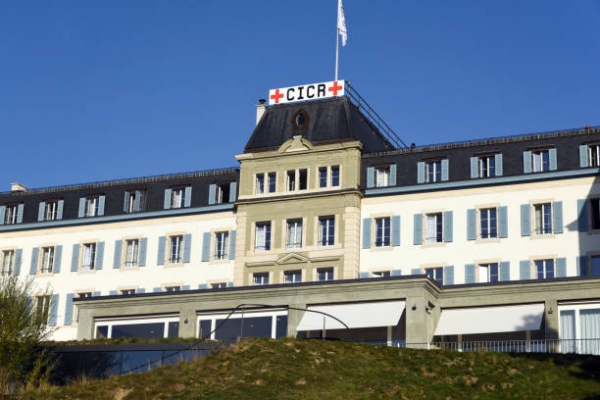The International Committee of the Red Cross (ICRC) has gathered an alarming set of data across some of the most unstable regions around the world. The information is focused on the amount of reported attacks of healthcare services and workers. In these situations, not only are the facilities and equipment directly affected by armed groups but there is an active effort to steal medical supplies, vandalize ambulances, and impede vaccination efforts in vulnerable population areas.
The ICRC reports that criminal gangs, armed religious radical groups, and even state actors have wounded and raped patients as well as healthcare workers. Similarly, these groups have looted clinics, gunned down hospitals, and blockaded medical equipment for ransoms. Data provided by the ICRC in partnership with the United Nations (U.N) show that there were 3,780 attacks on healthcare services and facilities between 2016 and 2020. A staggering number that affected millions of people who rely on those crucial services.
In those four years, these incidents occurred in at least 33 countries. According to Peter Mauer, president of the ICRC, two thirds of these attacks took place in Africa and the Middle East. As a result, these incidents were heavily concentrated in countries like Afghanistan, Democractic Republic of Congo, Syria, and Israeli occupied territories. Maurer has made it clear that there is a lack of political will from the international community to truly make an effort in protecting healthcare workers and patients in these volatile areas. According to him, the increased violence has prevented thousands of families from receiving the healthcare they desperately need.
Despite these hardships, the ICRC has sought to provide relief to other areas across the world. In El Salvador for example, the organization joined forces with the Salvadorean Red Cross Society to train medical response teams in becoming better prepared when dealing with victims of armed conflict. Similarly, in Lebanon, the ICRC was able to convince local armed groups to sign off on unilateral declarations of respect and non-violence for health care systems and workers. These efforts pave the way for the protection of patients, healthcare workers, and medical facilities across the globe.
To learn more, please read:
https://www.intrahealth.org/news/new-report-1200-incidents-violence-against-health-care-2019
Author: Sergio Gomez; Editor:Xavier Atkins







